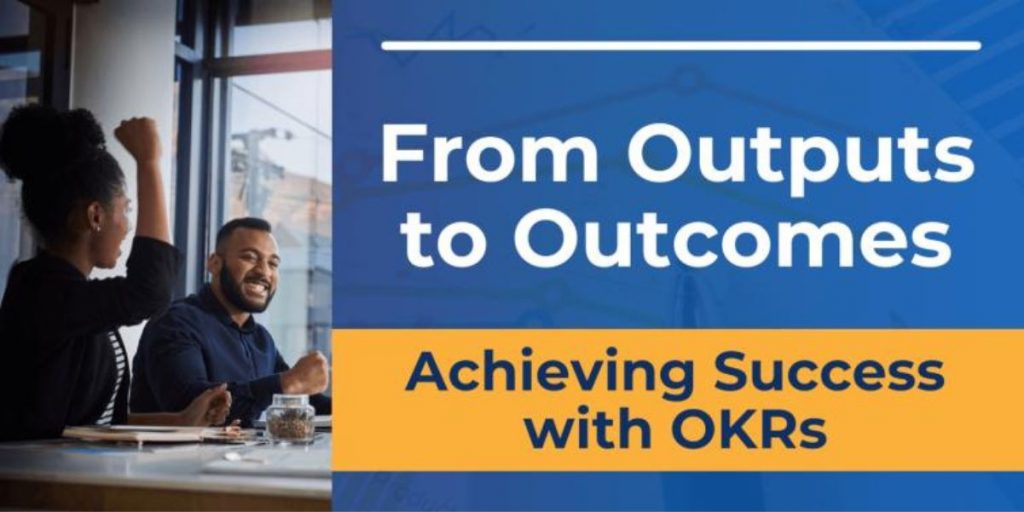
Perception of the Product Manager
I’ve worked in the product space for almost 20 years. In every organization I’ve been a part of, one of the biggest challenges I see Product Managers (PMs) face is perception. People assume that as PMs, we work in a “feature factory,” and our sole purpose is churning out features. We gather our natural resources (developers/UX) and machinery (i.e. sprints) to spit out a shiny new feature every 2-4 weeks.
But finally, this perception has begun to change. In the past, we were judged not on the value delivered but instead on the number of user stories and features delivered. In a digital world, where speed of innovation and immediate ROI has forced us to re-evaluate our ways of working to remain relevant, PMs must be able to confidently tie our outputs to product outcomes that have meaningful business results.
For our organizations to keep pace with innovation, we must shift our focus from on-time product releases to delivering value across the organization. Shocking, isn’t it?
Outputs vs. Product Outcomes vs. Business Outcomes
To clarify, let’s start with the basics. An Output refers to a project or product feature. For example, an Output can be launching online account aggregation on your wealth management application. The Product Outcome is a change in behavior that results from the changes you’ve made to a product. In my example, a new account aggregation feature creates greater awareness of wealth for the financial advisor and improves financial services and helps increase assets under management. Business Outcomes are the measurable company goals. So, by increasing assets under management, for example, the impact is an increase in revenue for the organization. To summarize, Outputs (account aggregation tool), enable Product Outcomes (greater visibility to outside accounts), which lead to Business Outcomes (revenue increase).
Shift your conversations with management
Easier said than done right? Some of you may find that your managers constantly ask you about Output. When is a new feature going to be available? When is the Beta shipping? Why is the release late? These questions are important, but they are not the primary responsibilities of your role.
When discussing dates and details with management, start a conversation around Outputs. Reiterate the Product and Business Outcomes you are aiming for with the next release. Review what you achieved in the last release and the usage numbers you are seeing. Ask questions about what success looks like for the business and how you can best influence this with the Product Outcomes. Then, start to change the conversation to a strategic evaluation of what you are doing to change how you are perceived in your organization.
Start with OKRs
First, understand Objectives and Key Results (OKRs) and their role in your organization. Not to be confused with a KPI- which is a single data point to track and monitor performance of a particular area. OKRs exist to help drive strategic objectives. Objectives are strategic business goals: they are simple, memorable, and ambitious. Examples include increasing efficiency, capturing more market share, or providing better customer service. Key Results are the metrics that measure progress: they are measurable and quantitative. In essence, they answer the question, “How am I doing with my objective?”

Bridging the Gap
It’s your responsibility as a Product Manager to bridge the gap between desired Business Outcomes, expressed as KPI targets, the Product Outcomes and changes in consumer behavior you can influence, and the Outputs from your team. 280 Group’s Digital Product Management Course will help you make this connection, so you can change the perception of your role within your organization. Sign up to learn more about these concepts and how best to demonstrate the value you and your team deliver.
280 Group is the world’s leading Product Management training and consulting firm. We empower Product Professionals with the knowledge and tools to create products that matter.


